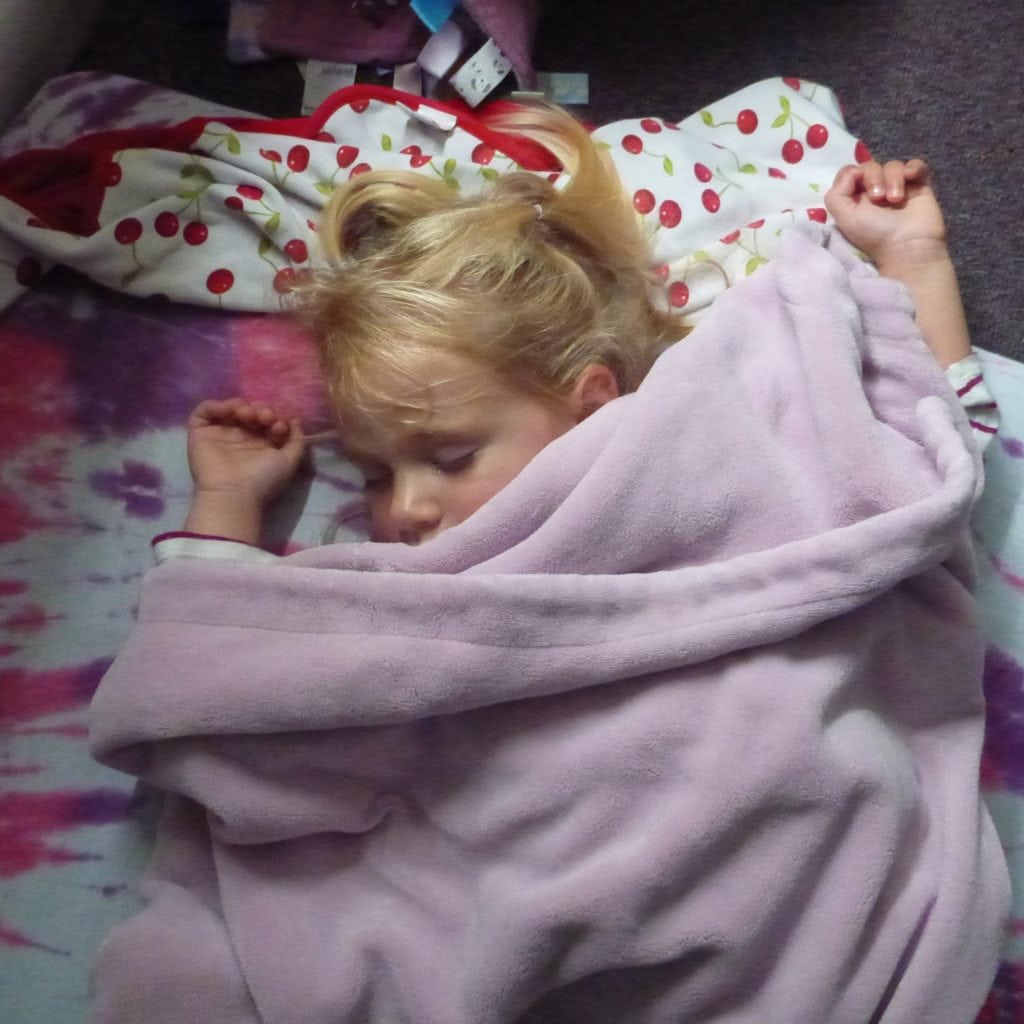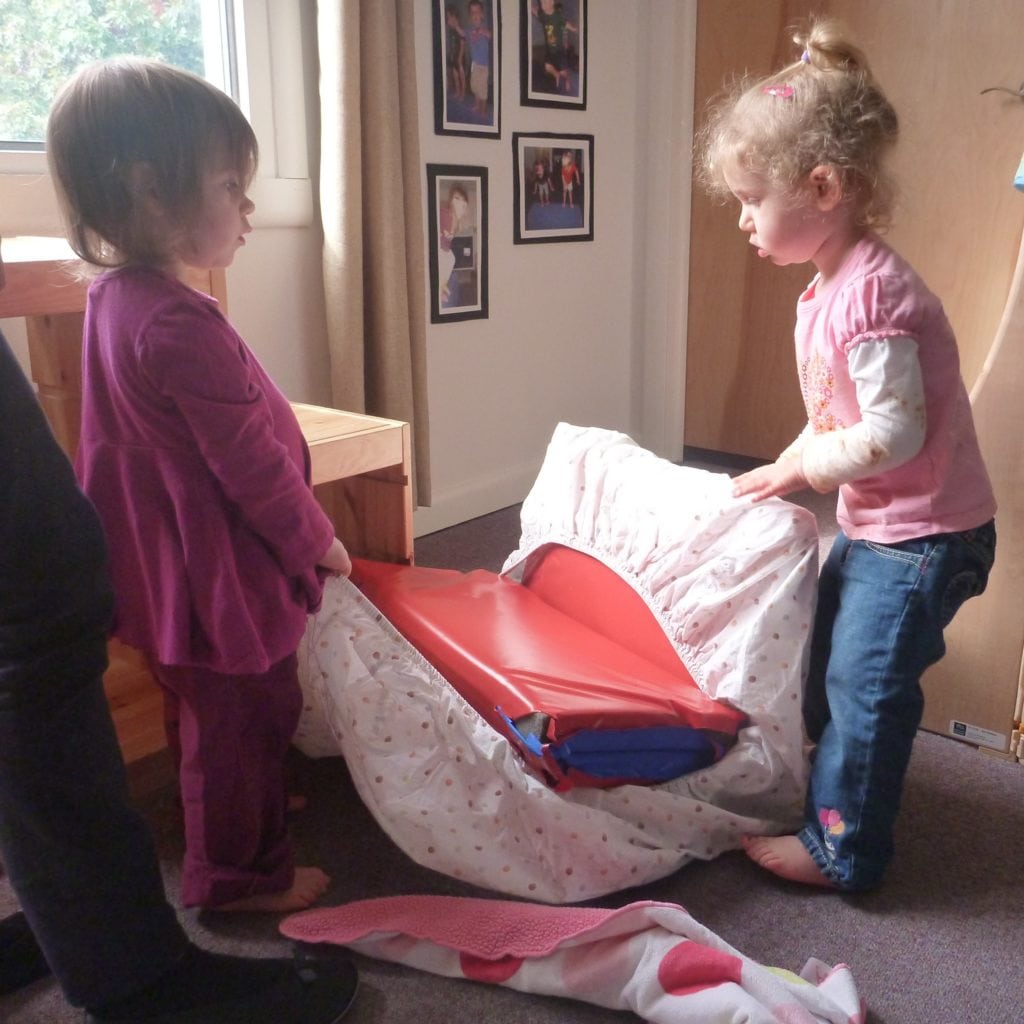3 Things Parents Need To Know About Sleep
 The Overtired Problem
The Overtired Problem
When young children are tired but the environments and people around them are engaging them. They learn to keep themselves awake rather than listening to their body’s signals that they are tired. This is like an adult who is working to keep themselves awake to drive at night. When finally settling down to bed you feel wired. When children get overtired they work to keep themselves awake. Then when they try to sleep they are unable to settle.
The best thing to do is prevent your child from becoming overtired. If your child becomes overtired try to offer a little more flexibility and empathy until they get back to their normal schedule. We recommend offering an extra nap if possible for children under 14 months. If your child is older or you cannot offer an additional nap try to help them to feel comfortable and not overstimulated until the next sleep time and consider offering the next sleep time 15-30 minutes earlier than normal.

Society’s Image of Sleep is Undermining You
Society commonly views sleep as a negative thing and this, too, colors your view and your child’s view of the situation. Try to keep it positive, holding in your mind the attitude that “You’re feeling tired and you get to go to sleep, how lucky!” If you are not prioritizing your healthy sleep because you’re over-scheduled and overstimulated at night your children are likely to have the same challenge. Like anything in life, the view you take on sleep will affect your attitude and ultimately your child’s reaction to sleep.
Most people resent when others tell them they must do something. Your child is a person; they do not need to be ‘sleep trained’. It would be much more respectful to say, “I’m supporting my child to learn how to sleep.” You are not “putting them” to sleep; you are helping them go to sleep. Not only are the terms sleep training and putting to sleep disrespectful, they color your view of the situation. When you think, ‘I am going to help my child to find their sleep,’ you start in a better state of mind. Rather than thinking you can ‘make’ your child do something you are in the state of mind to support him.

Most Young Children Struggle to Learn to Sleep
Sleeping is not easy. Most children will cry, fuss, resist, and struggle to learn to sleep. Parents are best served if they let go of views of how much their child ‘should’ or ‘needs to’ sleep. Sleep is important but it’s not always easy. Even for adults it can be difficult to fall asleep. Young children’s minds are so busy learning, growing, and taking in their world it is hard to slow down.
Children need help to learn to block out the busy world and rest. Like everything children learn, learning to sleep will take time and at times you may feel like you’re going backwards. It is often very stressful but struggling to fall asleep and stay asleep is completely normal. You are not alone.
Categories: Sleep
Tags: learning to sleep, overtired, sleep is hard, society undermines parenting
